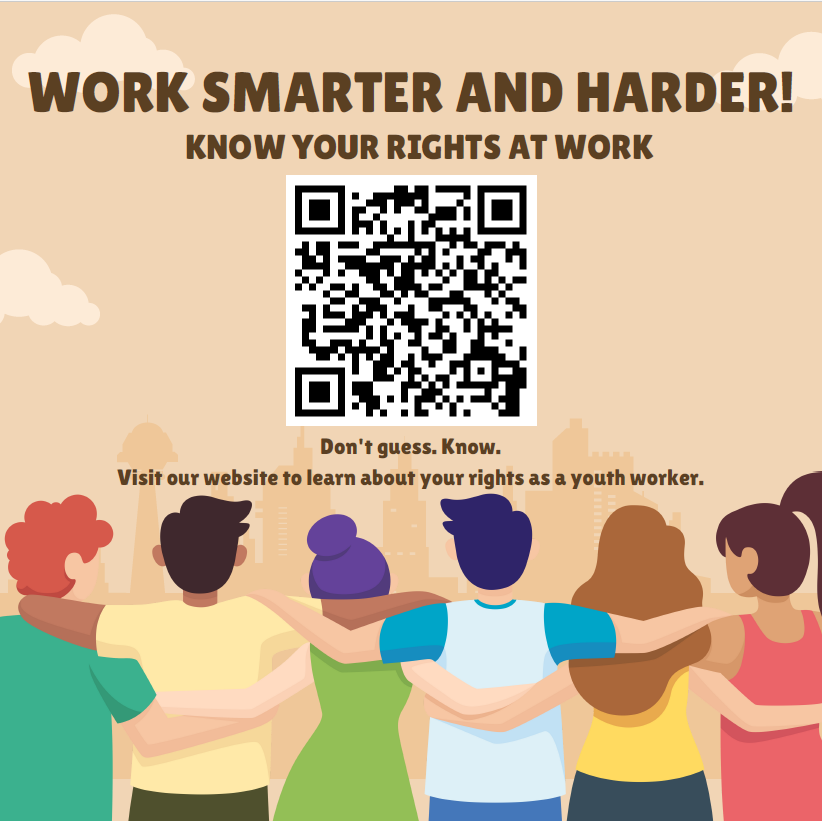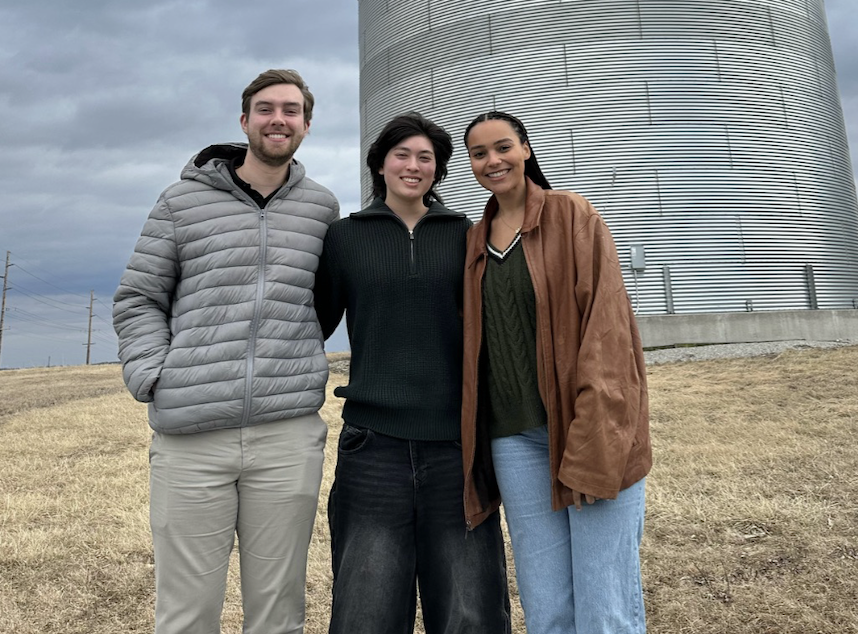Youth Employment Standards in Iowa
A team of law students in the Community Empowerment Law Project (CELP) worked with Pathfinders RC&D and the South Central Iowa Local Workforce Development Board to navigate the complex web of federal and state laws governing youth employment and child labor.
In 2023, Governor Reynolds signed SF 542 into law, which effectively “loosened state rules for child labor,” by increasing potential work activities and hours for 14- and 15-year olds, and increasing exceptions to the ban on potentially dangerous work for 16- and 17-year olds, among other changes. Reynolds touted the new law as instilling dignity in work and a strong work ethic in “the next generation and providing opportunities for young adults to earn and save to build a better life." Critics of the law saw it as a big-business-led effort to “roll back” labor law protections, particularly given the post-pandemic shortage of workers in several industries.
Parts of Iowa’s new law may conflict with existing federal labor regulations, creating fear and confusion for business owners, work-based learning programs, young people, and their families. Adding to the confusion, all of these stakeholders have their own language for employment-based programs (job, internship, apprenticeship, work-study, work-based learning, and on), which may not be reflected in the state law or the federal regulations.
Pathfinders and LWDB want to ensure that all stakeholders—including school counselors, young people, local restaurant owners, community colleges, immigrant families—understand their rights and legal obligations at the intersection of state and federal law. They seek to support the development of lawful, safe, and fair workplaces that give rural youth the opportunity to build skills and earn money. They also want to give employers the tools to successfully mentor, train, and employ youth.
To help navigate the complexity around youth employment, the College of Law team created a guide for Iowa businesses employing youth. The topics in the guide include:
- Workable Hour Limitations for Youth
- Permitted Occupations for Youth Employees
- Apprentices, Student Learners, and the 17 Hazardous Occupations
- Penalties & Enforcement Process
- Additional Resources
The team also created a website resource to provide the diverse set of stakeholders in Iowa, including youth, small business owners, school counselors, community colleges, and immigrant families the resources to understand their rights and legal obligations at the intersection of state and federal law.
By following the standards and resources provided on the website, Iowa communities can support the development of lawful, safe, and fair workplaces that give all youth, including those in rural areas, the opportunity to gain work experience, earn money, and put roots down in Iowa.

